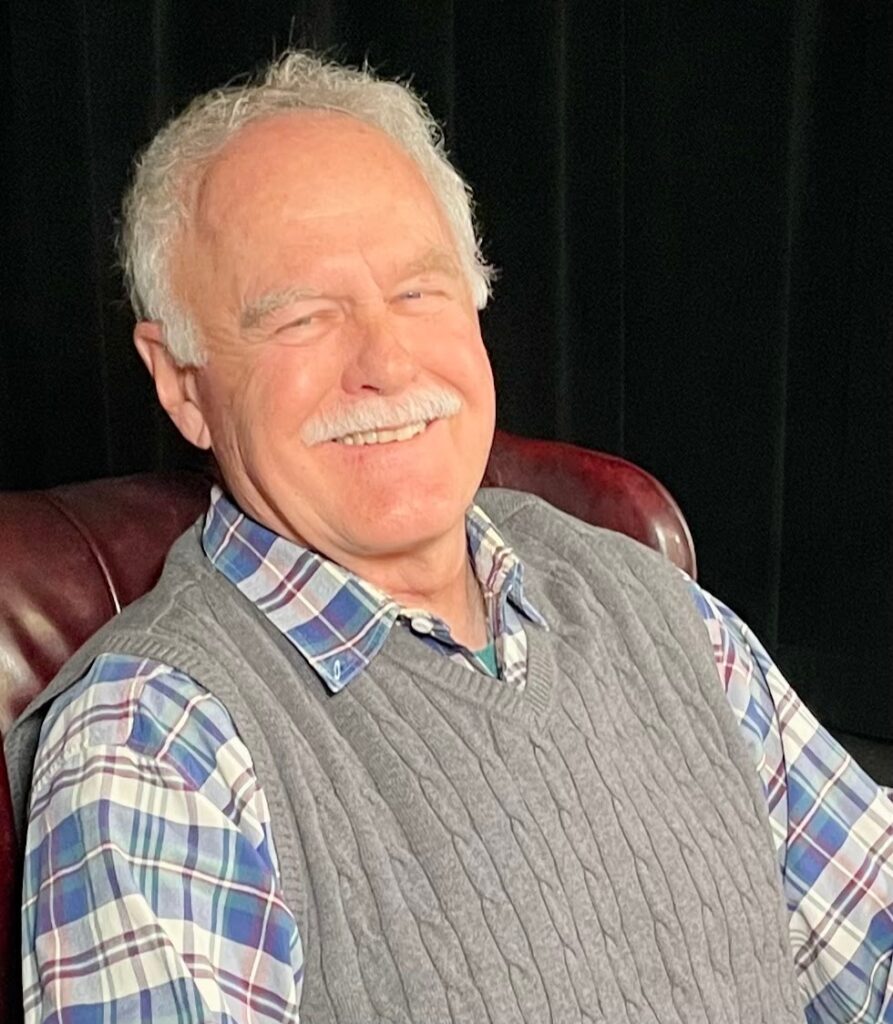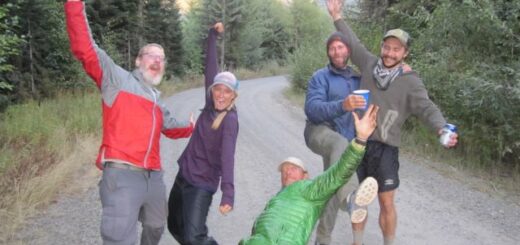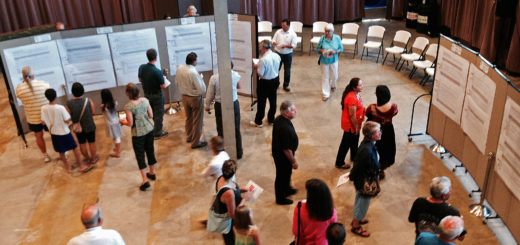Elder Speak 2024: Difficult childhood taught Dave Spies valuable life lessons
As a participant in the Ripple Foundation’s Elder Speak program this year, retired educator Dave Spies says he has come to a greater appreciation of his mother’s heroic efforts to provide for the family after the death of his father.
Spies was 12 years old when his dad passed the state Industrial Insurance money she received didn’t provide much to raise their six kids, including an older sister with cerebral palsy. When his mom wasn’t working to keep a roof over their heads and food on the table, much of her mom’s attention was focused on his sister with special needs, Spies recalled.
“I think, looking back, she was the person I respected the most and was trying to please the most,” said Spies, who grew up in Cashmere. “One of my biggest goals was not to disappoint her in any way because she had enough problems,” he added.
Spies is one of four Elder Speak participants who have been gathering regularly since January to reflect on their lives, lessons they’ve learned and wisdom they have gained. They will share those experiences in presentations at Snowy Owl Theater in Leavenworth on Sept. 8 and at the Wenatchee Valley Museum and Cultural Center Oct. 3.
The Elder Speak volunteers are doing their best to bring to life the lessons our elders have learned and share with the community.
“Looking back on it, I was probably considered poor, but being young, I didn’t realize it,” Spies said. Our family always had a roof over their heads and enough food; although during the last year when my father was injured and couldn’t work, it was very difficult.”
“I had all the opportunities I chose if I worked hard enough,” Spies said, who worked hard in school and played sports.. After his father died, the Lutheran Church became a refuge, a part of a larger family. For a period of time, Spies was intent on becoming a preacher. That interest resulted in Spies getting scholarships to Pacific Lutheran University, where he earned a degree in psychology.
As a college student in 1966, he became part of another life-long family, a charter member of a United States Forest Service elite wildland firefighting group that would eventually become the Entiat Hotshot fire crew. That 9-year experience sparked in him a passion that still exists through his volunteerism with the Columbia Breaks Fire Interpretive Center in Entiat. He thrived in that semi- military-like structure that instilled a lot of confidence in his abilities and provided him with a wealth of camaraderie, excitement and just plain joy.
But thriving in that environment didn’t mean he was willing to go to Vietnam. Instead, he chose in 1969, as a PLU senior, to continue his ministerial intentions and enter the seminary in the Bay Area.
Spies, a deep thinker and a voracious reader, was having serious doubts about his faith. Looking back he realizes “it’s not a sin to doubt. He believes that you cannot have a strong, honest faith without some doubt. It gives you more strength and more empathy towards other people,” he said.
He loved studying theology, but left the seminary because he had no intention of preaching. But the deep sense of compassion and caring were essential elements in the rest of his life. He attended Central Washington University where he was perhaps the first male student in the school’s early childhood education program. At CWU, he met his future wife Mary Ann, who was a long-time kindergarten teacher at Eastmont.
He did his student teaching in the Eastmont School District and then was offered a job teaching third grade in the district. He was one of the first males to teach at the primary level in the valley. At the time, teachers were allowed and encouraged to be creative in educating students — a freedom that is waning in public education with regimented learning objectives and the focus on standardized tests.
Here’s one example. Spies set up a model city and the students could buy property based on earning “money” through good behavior and their grades. It imparted a rich lesson in practical economics, such as the concept of opportunity costs — you can’t have everything because of limited resources and you have to make choices.
He was committed to his students as a teacher and later as a middle school librarian. His decision to become a certified librarian was his most impactful career decision. He became a voracious reader, especially of children’s/young-adult literature. He credits that reading for the source of most of his wisdom. His reading is a continuous search for those bits of wisdom that writers often “whisper” to their readers.
Spies has learned through his life experiences that he thrives when there is both structure and yet the freedom to be creative and use his own abilities, as long as there is a focus on nurturing and supporting fellow human beings.
In a society where the cultural wars have become a battle of extremes of rigid structure and unfettered freedom, Dave Spies found that balancing those extremes is what helps human beings flourish.
Spies says the greatest lessons he has learned is to choose wisely and make sure that the path you choose is based on compassion and caring. That’s wisdom we can all learn from.



